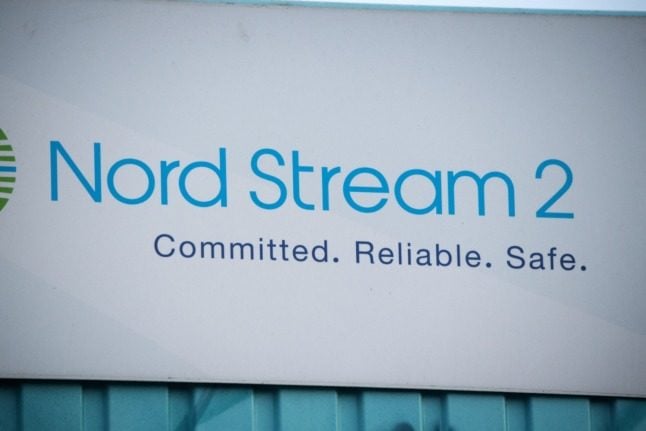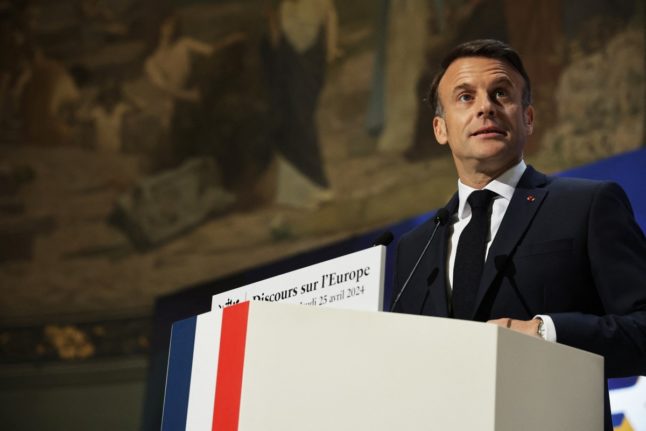“There is an investigation underway and I give no credence to what was said this morning,” she told reporters on the sidelines of a trip to Lisbon, alongside her Portuguese counterpart Antonio Costa.
On Saturday, Russia’s defence ministry accused British naval staff of having blown up the Nord Stream gas pipelines last month.
READ ALSO: Sweden and Denmark say Nord Stream blasts equal to ‘several hundred kilos of TNT’
Russian state-owned energy giant Gazprom is the majority shareholder in Nord Stream AG, the company that owns and operates the pipelines.
The British defence ministry denied the claims and said the accusation was designed to take attention away from Russia’s “disastrous handling of the illegal invasion” of Ukraine.
“According to available information, representatives of this unit of the British Navy took part in the planning, provision and implementation of a terrorist attack in the Baltic Sea on September 26 this year – blowing up the Nord Stream 1 and Nord Stream 2 gas pipelines,” Russia’s defence ministry said.
Four leaks emerged on the two Nord Stream pipelines in the Baltic Sea off the Danish island of Bornholm at the end of September with seismic institutes reporting they had recorded two underwater explosions prior to the leaks appearing.
While the leaks were in international waters, two of them were in the Danish exclusive economic zone and two of them in Sweden’s.
In early October, the Swedish prosecution authority announced that they had collected “pieces of evidence” during an underwater inspection of the leaks in the Swedish economic zone, which had backed up suspicions of sabotage.
And on Friday, Swedish prosecutors said they would conduct a new complementary crime scene investigation of the Nord Stream leaks, after the navy and the pipeline owner also began surveys this week.
READ ALSO: Germany opens probe of likely ‘blasts’ against Nord Stream



 Please whitelist us to continue reading.
Please whitelist us to continue reading.
Member comments